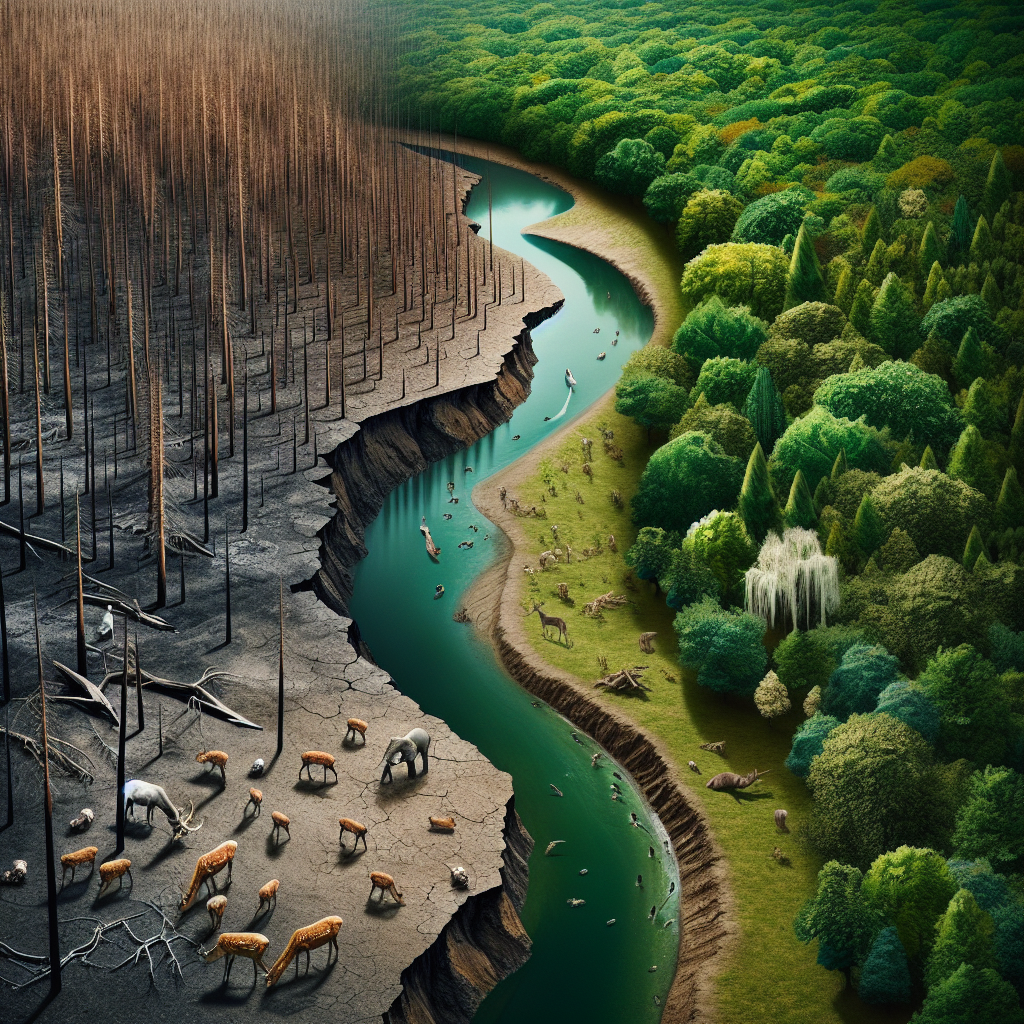Indigenous territories are at the forefront of the climate emergency as surging sea levels, inundations, and blazes swiftly transform the Earth. These ancestral lands are bearing the brunt of the climate crisis, facing unprecedented challenges and threats. As the planet continues to warm, these communities are experiencing the devastating effects of extreme weather events, such as hurricanes, droughts, and wildfires.
The impact of the climate crisis on Indigenous lands is not just limited to environmental damage. It also has severe consequences for the people who call these territories home. Indigenous communities rely on the land for their livelihoods, cultural practices, and spiritual beliefs. The destruction of their lands not only disrupts their way of life but also threatens their very existence.
According to a report by the United Nations, Indigenous peoples are disproportionately affected by the climate crisis, despite contributing the least to its causes. They make up only 5% of the world’s population but protect 80% of the world’s biodiversity. Yet, they are often excluded from decision-making processes and lack access to resources and support to adapt to the changing climate.
The situation is particularly dire for Indigenous communities in the Arctic, where temperatures are rising at twice the global average. This has led to the melting of permafrost, which is essential for their traditional hunting and fishing practices. As a result, their food security and cultural identity are under threat.
In the Amazon rainforest, Indigenous communities are facing the destruction of their homes and livelihoods due to deforestation and wildfires. The loss of this vital ecosystem not only affects the Indigenous peoples but also has global consequences, as the Amazon is known as the “lungs of the Earth.”
The impact of the climate crisis on Indigenous lands is a stark reminder of the urgent need for action to mitigate its effects. Governments and corporations must recognize and respect the rights of Indigenous peoples and involve them in decision-making processes. They must also provide support and resources for these communities to adapt to the changing climate and protect their lands.
As we continue to see the devastating effects of the climate crisis on Indigenous lands, it is crucial to remember that these communities are not just victims but also key allies in the fight against climate change. Their traditional knowledge and practices can offer valuable insights and solutions for a more sustainable future. It is time for the world to listen to their voices and take action to protect their lands and way of life.

